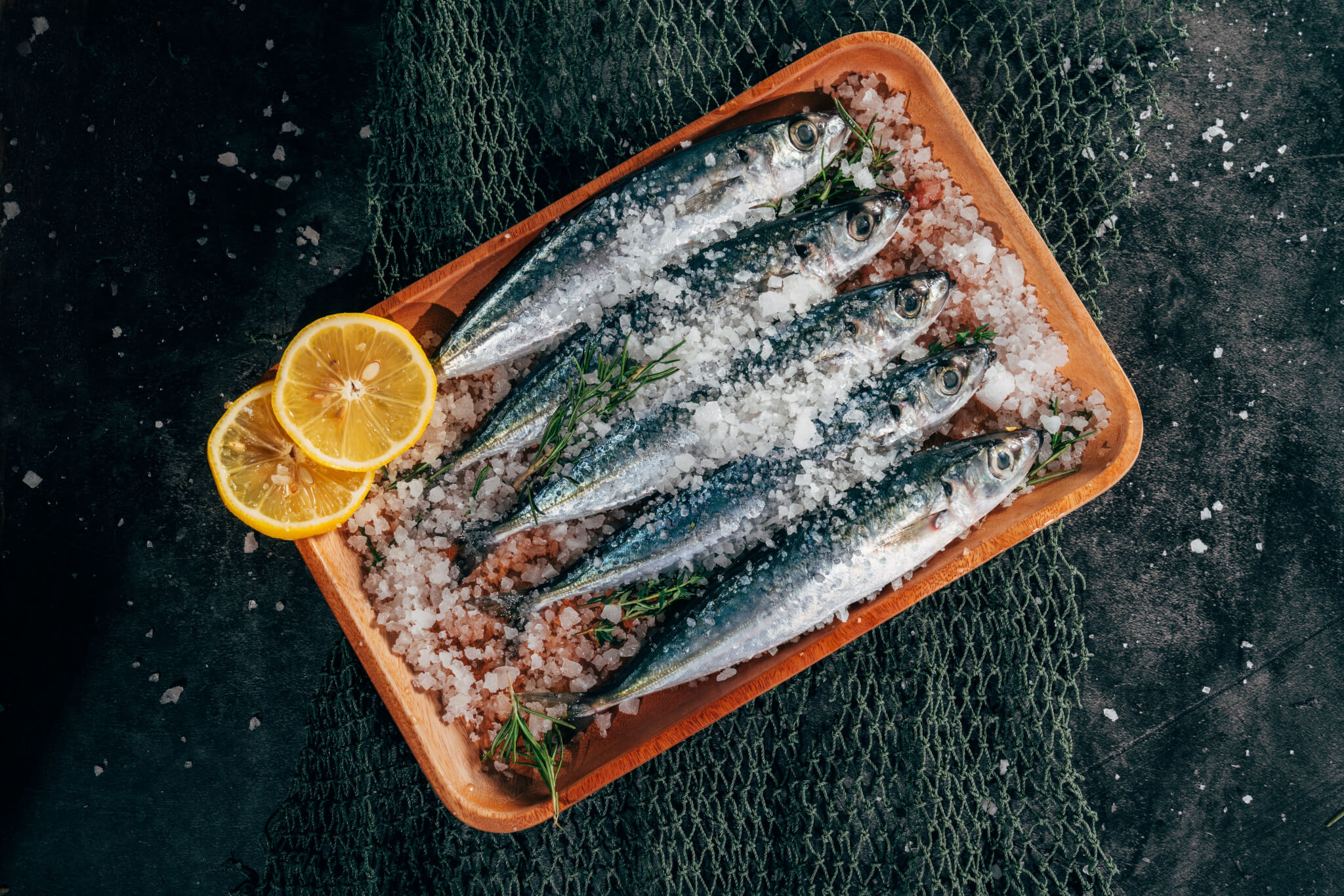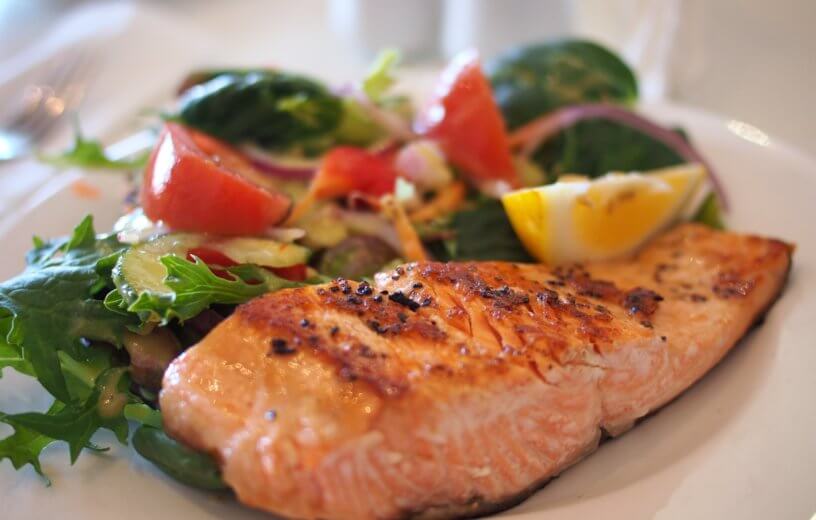SIOUX FALLS, S.D. — Oily fish are a part of many healthy diets, mainly because of the omega-3 fatty acids they carry. Studies show they have the ability to boost brain health and may even reduce the risk of heart disease. Now, there’s even more reason to add salmon or sardines to your diet. Scientists report that omega-3 fatty acids can also help protect against severe cases of COVID-19.
A team of researchers from the Fatty Acid Research Institute and the University of South Dakota designed a study that compared the risk for three COVID-19 scenarios: testing positive, hospitalization, and death as a function of baseline plasma DHA levels. DHA is an omega-3 fatty acid, which is abundant in fish like salmon. EPA is another fatty acid also found in oily fish. The team examined the implications of adding both to someone’s diet.
They measured the percent of total fatty acids (DHA levels) using Nuclear Magnetic Resonance (NMR) spectroscopy and converted them into an Omega-3 Index, which includes the percentages of red blood cell EPA and DHA for actual analysis. Their work included information from a sample of 110,584 people (COVID hospitalizations and deaths), as well as 26,595 individuals with just a positive test result, pulled from the UK Biobank. The outcomes were assessed from January 2020 to March 2021.
High omega-3 levels cut down COVID risk by a fifth
After fully adjusting their models to account for other variables that could affect the results, the team found that those with the highest omega-3 index were 21 percent less likely to test positive for COVID than those with the lowest levels. The risk for a positive test was actually eight percent lower for every standard deviation increase in plasma DHA percentage. Additionally, patients with the highest omega-3 index were 26 percent less likely to need hospitalization than those with the lowest.
Among patients who died of COVID-19, trends weren’t as significant. Risk of severe infection was lower in those with the second highest omega-3 index. In the highest bracket, the risk reduction was actually minimal and statistically insignificant.

“This study confirms previous findings that low omega-3 status is associated with increased risk for hospitalization with COVID-19. We extended these findings by also showing reduced risk for testing positive with the infection and by providing evidence that the risk for death may also be reduced,” says Dr. William S. Harris, President of Fatty Acid Research Institute, in a media release. “Furthermore, we identified the Omega-3 Index levels associated with the least and greatest protection from COVID-19. Altogether these results support the practice of increasing consumption of oily fish like salmon or omega-3 fish oil supplements as a potential risk reduction strategy when it comes to COVID-19.”
Certain countries enjoy even great protection
The team adds that there seems to be a global pattern as well, as found in previous work. South Korea and Japan have both reported very low severity of COVID-19. Although these countries are very diligent about masking, social distancing, and other spread mitigation practices, there is a fascinating connection between Omega-3 Index values of healthy South Korean and Japanese individuals and COVID-19 outcomes. In these nations, indexes are about 8-12 percent and 7-11 percent respectively, which is significantly higher than the 4-5 percent in Western countries like the United States.
“A worldwide pattern linking higher omega-3 fatty acid intakes with lower rates of death with COVID-19 was documented by Vivar-Sierra et al. Although only suggestive, this observation adds further support for a potential role of omega-3s EPA and DHA in the prevention of fatal COVID-19 disease,” the study authors report.
These findings back the notion that including omega-3 fatty acids in your diet is essential for a well-rounded, healthy diet. However, they also show that by possibly reducing severe infections from COVID-19, there may be even more of an incentive to getting enough in your daily diet.
The findings are published in the American Journal of Clinical Nutrition.
